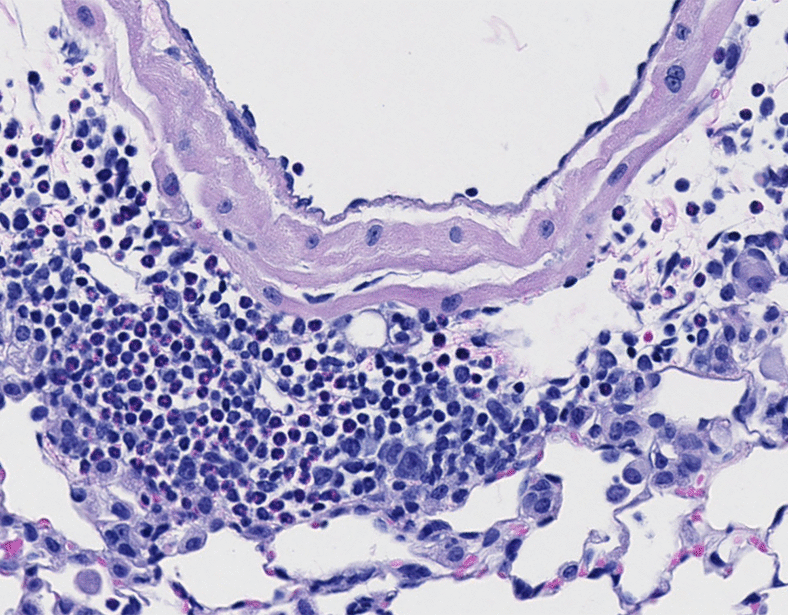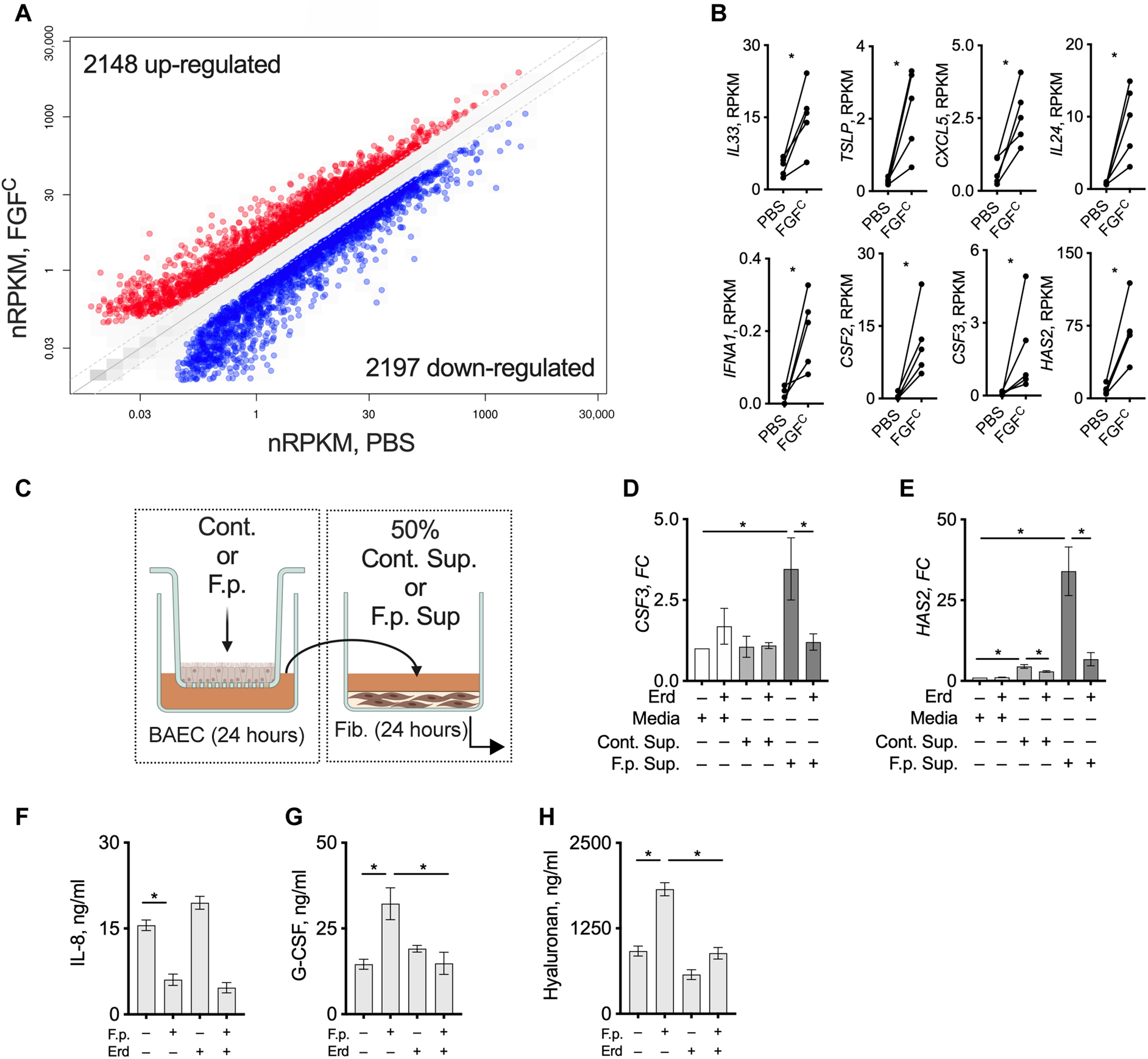Corticosteroid inhalers are commonly used to treat asthma, but it is strange that patients with severe asthma do not seem to respond to them. In a new study, scientists have discovered a mechanism that seems to block drugs. Importantly, it is a potential way to bypass the problem**

People with refractory asthma are often prescribed inhaled corticosteroids, which can reduce airway inflammation and swelling to prevent asthma attacks and reduce their severity. However, although they are effective in patients with mild to moderate asthma, these drugs do not seem to provide the same relief in patients with severe asthma. Exactly why this happens has been an unknown.
In the new study, researchers from Rutgers University and Genentech investigated the problem. The team collected samples of bronchial airway epithelial cells (BAEC), which are distributed in the respiratory tract, from patients with moderate and severe asthma and control groups without the disease. Next, they performed a genetic analysis to see which genes in the cell were turned on in response to the drug.

The researchers found that corticosteroids promote the epithelial cells of patients with severe asthma to secrete two specific growth factors, called FGF and G-CSF. Growth factors like these usually have important functions, but in this case, the research team found that they prevent the effects of drugs.
"We think this response explains why patients with severe asthma do not respond to this conventional therapy," said study author Reynolds panettieri Jr.
The team said the findings showed that different cellular pathways were activated in patients with severe asthma, which eventually led to the failure of drugs. After identifying the problem, the team tested a workaround that could restore its functionality. In tests on mice, the researchers blocked these growth factors before injecting the mice with corticosteroids, and found that the drugs once again reversed inflammation. This may open up a new way for the treatment of patients with severe asthma.
"Our study has found a potential mechanism to explain why patients with severe asthma do not respond to traditional therapies. If we can find new treatments that directly affect this mechanism, we may be able to restore sensitivity to steroids and improve efficacy," panettieri said
The study was published in Science Translational Medicine 》In magazines.